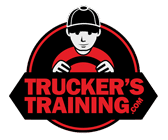If you live in the rural parts of the United States, chances are you’ve seen huge grain silos. You’ve probably also seen massive tanker trucks driving between farms. These trucks are grain tankers and they move the base particles of most of what we eat to their more permanent homes, where they can be made into the bread.
There’s a reason the Midwest is called “America’s Breadbasket”. That’s because feeding Americans is a monumental task. This requires a gigantic quantity grain and many professionals to move it back and forth – also known as Dry Bulk Grain Haulers.
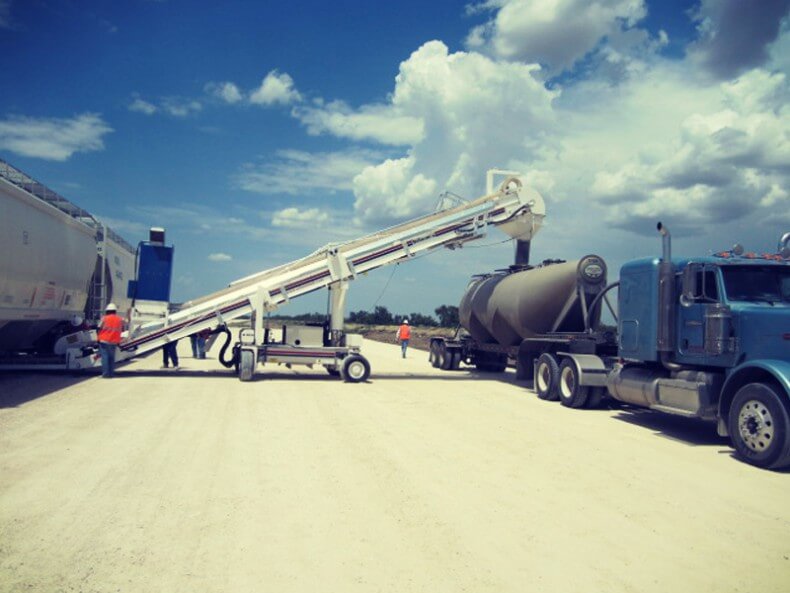
What is a Dry Bulk Grain Hauler?
A dry bulk grain hauler is a truck driver that specifies in moving massive quantities of dried grains to grain elevators for storage.
These trucks often travel from large rural farms to local factories. They also often are the intermediary between humongous grain trains, and smaller factories and mills. They are indispensable to the modern American agricultural fabric.
Most grain haulers work long hours doing constant runs between farms and factories. Farmers rely on these individuals to deliver their livelihoods to processing companies. Grain haulers are responsible for carrying 9 months of backbreaking labor and pride in their trailer, and are a vital factor to feeding all Americans.
How Do I Become a Grain Hauler?
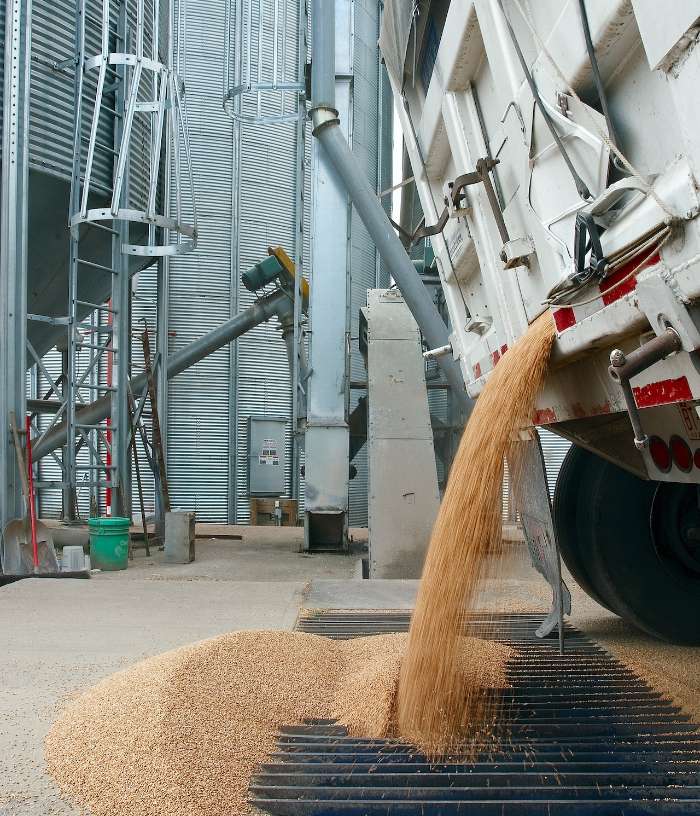
Certification – Class A CDL
Like all commercial drivers, dry bulk grain haulers must obtain a Commercial Driver’s License (CDL). The requirements for getting a CDL can vary by state, however, you have to take the mandatory training (ELDT) if you want to get your Class A or B commercial license. Go to your local DMV office or website to check requirements for your specific state.
You must be 18 to apply for a license, but to drive interstate you need to be 21 years old. You have to pass a variety of tests including a written knowledge exam, physical health and eye checkups, and permit period of learning with an experienced driver.
If you are successful in all of these facets, you must also pass a driving skills test at your local DMV. This can be waived if you are sponsored by a DMV approved corporation or employer. The cost of this application is between $80 and $100.
General Qualifications
Other qualifications include:
- High school diploma or GED
- Good physical and mental condition
- Clean drug screenings and a spotless driving record are absolute necessities before anyone turns over the keys of their big rig.
- Drivers under 21 are forbidden from transporting goods across state lines, so most trucking companies are looking for older drivers, especially with related experience.
Grain Hauling Specifics
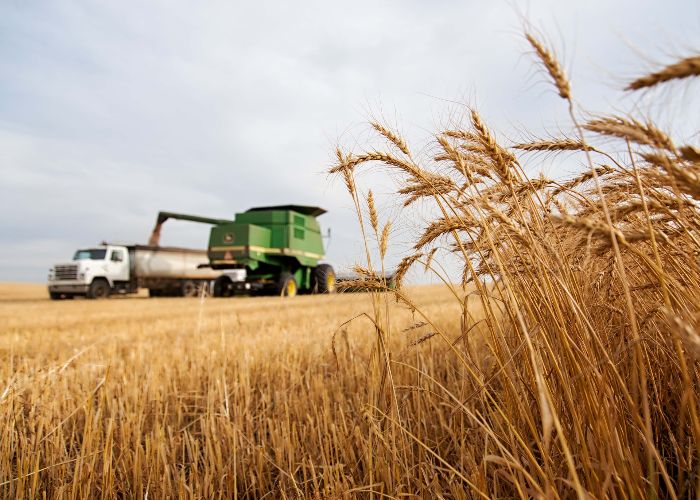
Hauling grain has its own set of difficulties. Many tankers have integrated grain loading and unloading features. These often require training. Knowing how to successfully pick up and drop off the grain without assistance can put you ahead of the pack. Also, it will increase your turnover as you will not have to wait for a specialist to help you.
You may be involved with a variety of other equipment as well. This may include systems for unloading grain from trains, combine harvesters, and tractors.
Your employers will often be local farmers and they operate on reputation so establishing an excellent reputation for safely delivering grain will go a long way. An impeccable equipment inspection routine will help you make sure nothing goes wrong on a daily basis.
These people are trusting you with their yearly output, so they are not likely to choose lightly. Knowledge of navigating extremely rural areas is a plus, as is an agricultural background. You must be comfortable with large amounts of dust and sediment. Most importantly, you have to be used to staying in areas with not much around for long periods of time.
Grain Hauler Salary
Unlike other types of trucking, dry bulk grain haulers are paid by weight. That means the more you move, the more you make. This can be a very lucrative seasonal job.
With a median salary of $54,000 (assuming constant work year round) dry bulk grain hauling is an excellent option to put some money in your pocket.
How to Find Work as a Grain Truck Driver?
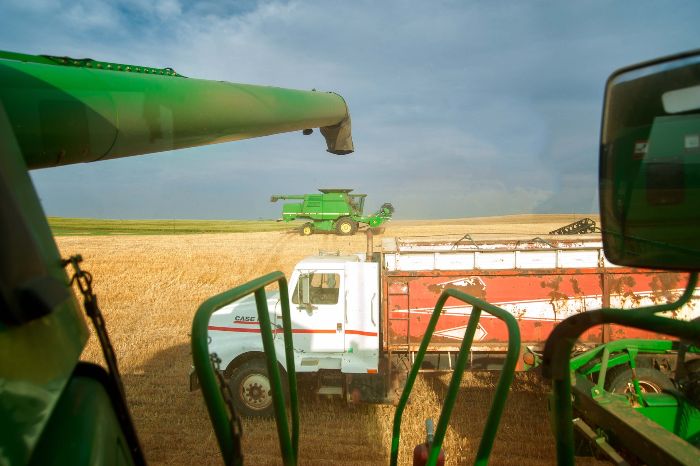
Many farmers and corporations have a network of drivers they know and trust. Talking to truck drivers in your local area can be very helpful.
Almost all of the work is centered around the local harvest season. This period of late summer to early fall can be quite hectic. However, you can make a lot of money in a short period of time. Farmers are eager to cash in on their yield and you are the necessary link. There are no shortages of work.
Centering yourself in an area of large scale farming is your best chance for success, after the harvest season you can move heavy equipment or move somewhere else. Most farming communities will have grain hauling jobs listed in the local paper, and that is where the large grain hauling conglomerates will be based.
There is also, as always, the internet. Try it for a season, and if you don’t like the work, you’re skills are still applicable to a variety of other fields. If you live in the “breadbasket”, why not make a bit of cash while helping feed your neighbors.

Geoff is a freelance writer at TruckersTraining.com with 20+ years of experience driving trucks and buses, dispatching, supervising, and training commercial driving teams. His expertise is writing topics on the transportation and trucking industry, and information technology trends.
